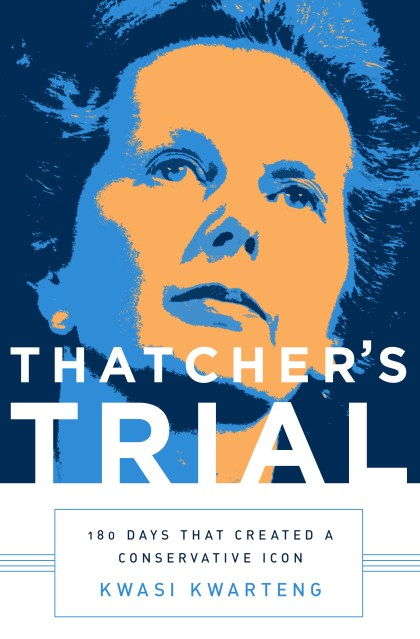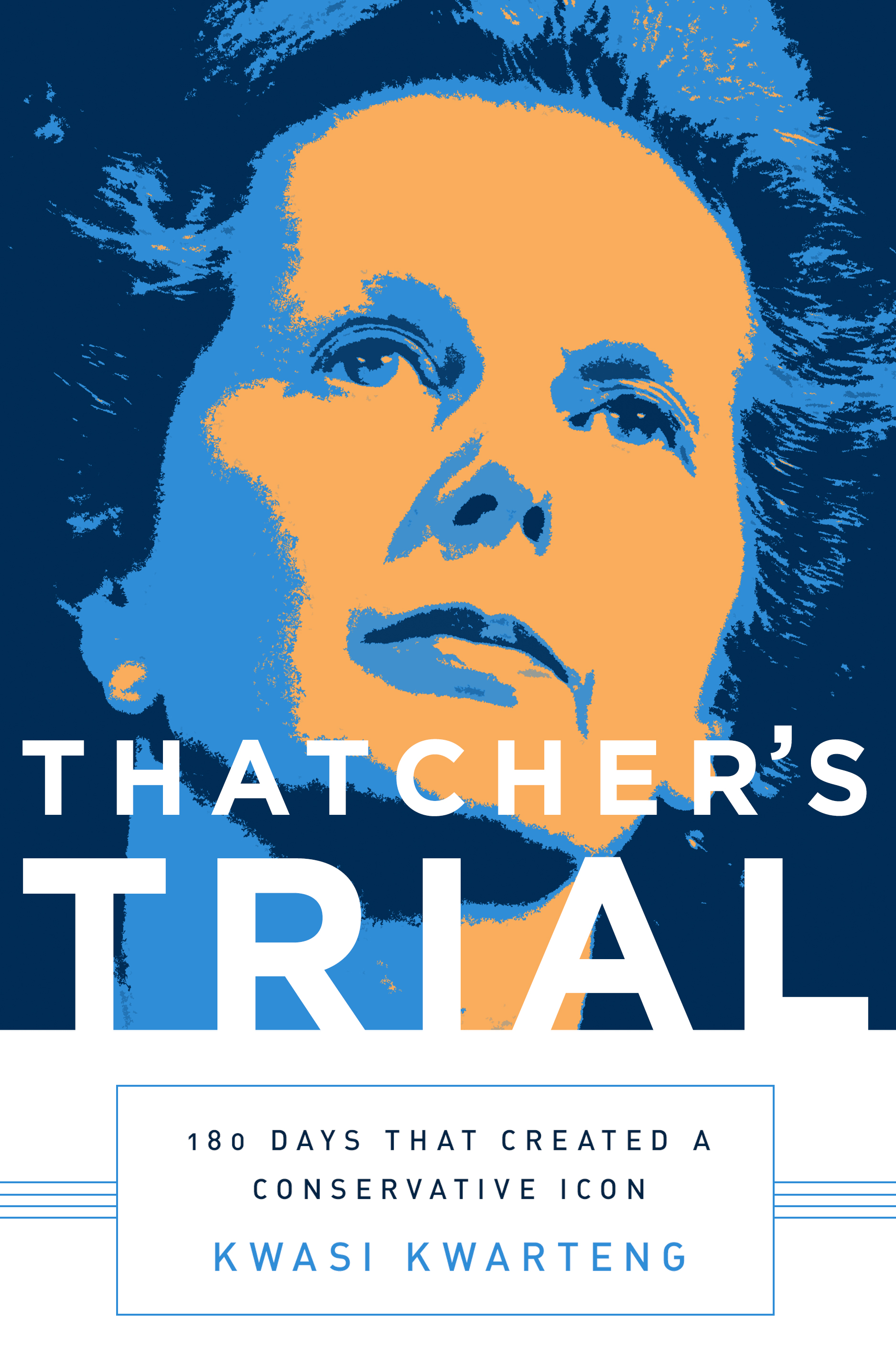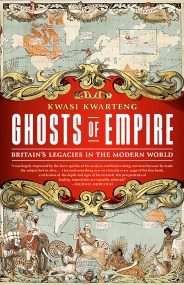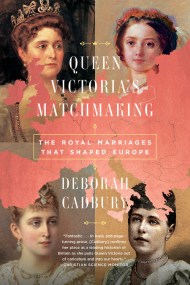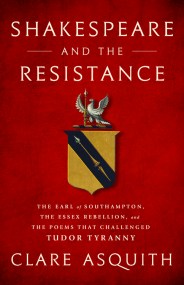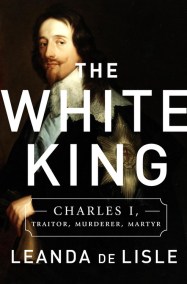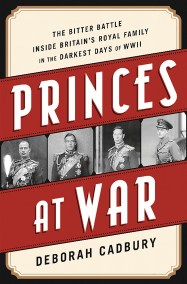By clicking “Accept,” you agree to the use of cookies and similar technologies on your device as set forth in our Cookie Policy and our Privacy Policy. Please note that certain cookies are essential for this website to function properly and do not require user consent to be deployed.
Thatcher’s Trial
180 Days that Created a Conservative Icon
Contributors
Formats and Prices
- On Sale
- Nov 3, 2015
- Page Count
- 272 pages
- Publisher
- PublicAffairs
- ISBN-13
- 9781610395632
Price
$15.99Price
$20.99 CADFormat
Format:
- ebook $15.99 $20.99 CAD
- Hardcover $36.00 $46.00 CAD
This item is a preorder. Your payment method will be charged immediately, and the product is expected to ship on or around November 3, 2015. This date is subject to change due to shipping delays beyond our control.
Buy from Other Retailers:
In 1981, less than two years after she had been elected as Britain’s first woman prime minister, Margaret Thatcher was deemed unpopular and out of touch. Unemployment had risen to levels not seen since the 1930s, and the state’s finances were foundering. Her chancellor of the exchequer delivered what became known as the ‘no hope’ budget in March, which marked the beginning of a period of an almost unprecedentedly broad range of political challenges: hunger strikes and violent protests in Northern Ireland, urban riots in London and Liverpool, and visible discontent with Thatcher from within the Conservative Party.
And yet by September 14, when Thatcher sacked 4 mutinous grandees from her cabinet, the prime minister had firmly reasserted her authority. These extraordinary six months would come to define the Conservative Party’s most successful and modern leader, who reshaped the ideas and direction of conservatism around the world. To her detractors she may have been a harsh, uncaring and dogmatic leader who made the country a more unequal, materialistic and brutal place, but to her supporters, she was nothing less than a Conservative savior who prevented Britain from becoming an ungovernable socialist state. The 1983 general election would prove a triumph.
Kwasi Kwarteng intimately captures this shopkeeper’s daughter’s unique leadership qualities — from her pulpit-style and New Testament imagery to her emphasis on personal moral responsibility — that saw her through some of the most adverse conditions facing any world leader in modern peacetime.
Genre:
-
“A largely positive but not uncritical reassessment…Readers on this side of the pond who are puzzled by the impassioned esteem and disdain in which Thatcher is held in Britain will find much of value in this short but illuminating study.” —Kirkus Reviews
Newsletter Signup
By clicking ‘Sign Up,’ I acknowledge that I have read and agree to Hachette Book Group’s Privacy Policy and Terms of Use
